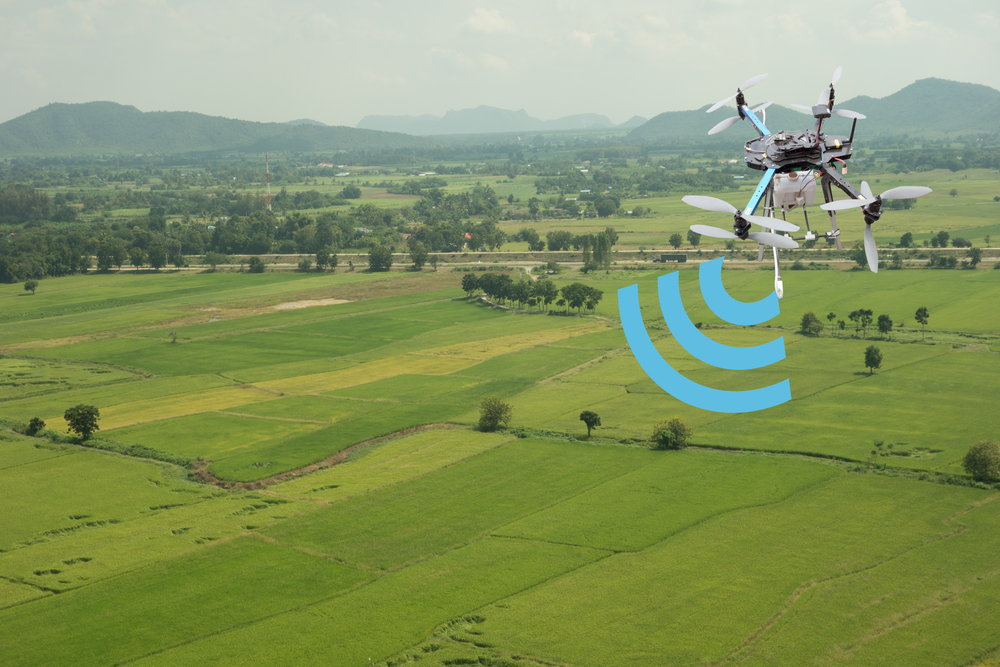
The National Institute of Standards and Technology (NIST) has added forensic images of 14 popular drone models to its Computer Forensic Reference Datasets (CFReDS) to assist criminal investigations involving drones, the agency announced on Tuesday.
Forensic images consist of a complete data extraction from a digital device, and the drone images added to CFReDS include simulated digital evidence to help investigators recover evidence from actual drones. NIST plans to expand the CRFReDS drone section to include 30 models by December.
“The drone images will allow investigators to do a dry run before working on high-profile cases,” Barbara Guttman, manager of digital forensic research at NIST, said. “You don’t want to practice on evidence.”
VTO Labs, a Colorado-based cybersecurity and digital forensics firm, created the drone images in response to drones being used to fly contraband over prison walls, or across the border. The forensic images are free to download.
“When we proposed this project, there was little existing research in this space,” Steve Watson, chief technology officer at VTO, said. “The drone research was needed not only to combat drug smuggling but also to allow officials to respond more quickly should a drone ever be used as a weapon inside the United States.”
The forensic images were constructed using three of each type of done model. Each drone was flown to gather baseline data. Then, one drone was left intact, a second was disassembled and data was extracted from the circuit board, and chips were removed from the third and data was extracted directly from them.
“The forensic images contain all the 1s and 0s we recovered from each model,” Watson said. “The images were created using industry standard data formats so that investigators can connect to them using forensic software tools and inspect their contents. The images for each model also come with step-by-step, photo-illustrated teardown instructions.”
That data could allow investigators to retrieve serial numbers, determine flight paths, and recover photos and videos. Watson even discovered that one model stores users’ credit card information.




